We’ll argue the merits of the Star Wars prequels until the end of time. Or, at least, until Red One changes the hierarchy of power in sci-fi fantasy blockbusters forever. Still, even with the recent groundswell of fan support, few films are more divisive than Star Wars: Episode 1—The Phantom Menace. As hard as it is to believe, it could’ve been worse if not for the suddenly discerning taste of George Lucas.
In what Variety calls a “bombshell twist,” Phantom Menace almost featured a disastrous name-swap twist in its closing moments. Concept and storyboard artist Iain McCraig tells StarWars.com that McGregor was almost Qui-Gon and Liam Neeson was nearly Obi-Wan. McCaig says, “The older Jedi was named Obi-Wan,” and his Padwan “was named Qui-Gon.” This switcheroo came to a “very poignant” moment at the end. “As Obi-Wan dies and Qui-Gon defeats Darth Maul and stays with his Master as he passes away, he not only takes on his master’s quest, but he takes on his name. Qui-Gon becomes Obi-Wan.”
We can only imagine how “poignant” Star Wars fans would’ve found this in 1999 after waking up from their disappointment naps to discover that Sir Alec Guinness’ Obi-Wan Kenobi’s real name was “Qui-Gon Jinn.” What’s the expression? A Hail Mary twist helps the midi-chlorins go down? Thankfully, amid making thousands of controversial decisions, Lucas knew this was a bad one.
According to McCaig, the thinking was that it would make sense of Obi-Wan’s name-based confusion in A New Hope. McCaig explains, “That’s why when you see Alec Guinness in A New Hope, he puts his hood down and goes, ’Obi-Wan? Now that’s a name I’ve not heard…” It’s a confusing logic. For more than 20 years before The Phantom Menace, viewers assumed he hadn’t heard the name “Obi-Wan” because everyone called him “Ben” for the movie’s first half hour. Nevertheless, “Right at the end, George changed it.” If only he had listened to his better angels before electing Jar Jar Binks to the Galactic Senate, many Bothans would still be alive today.

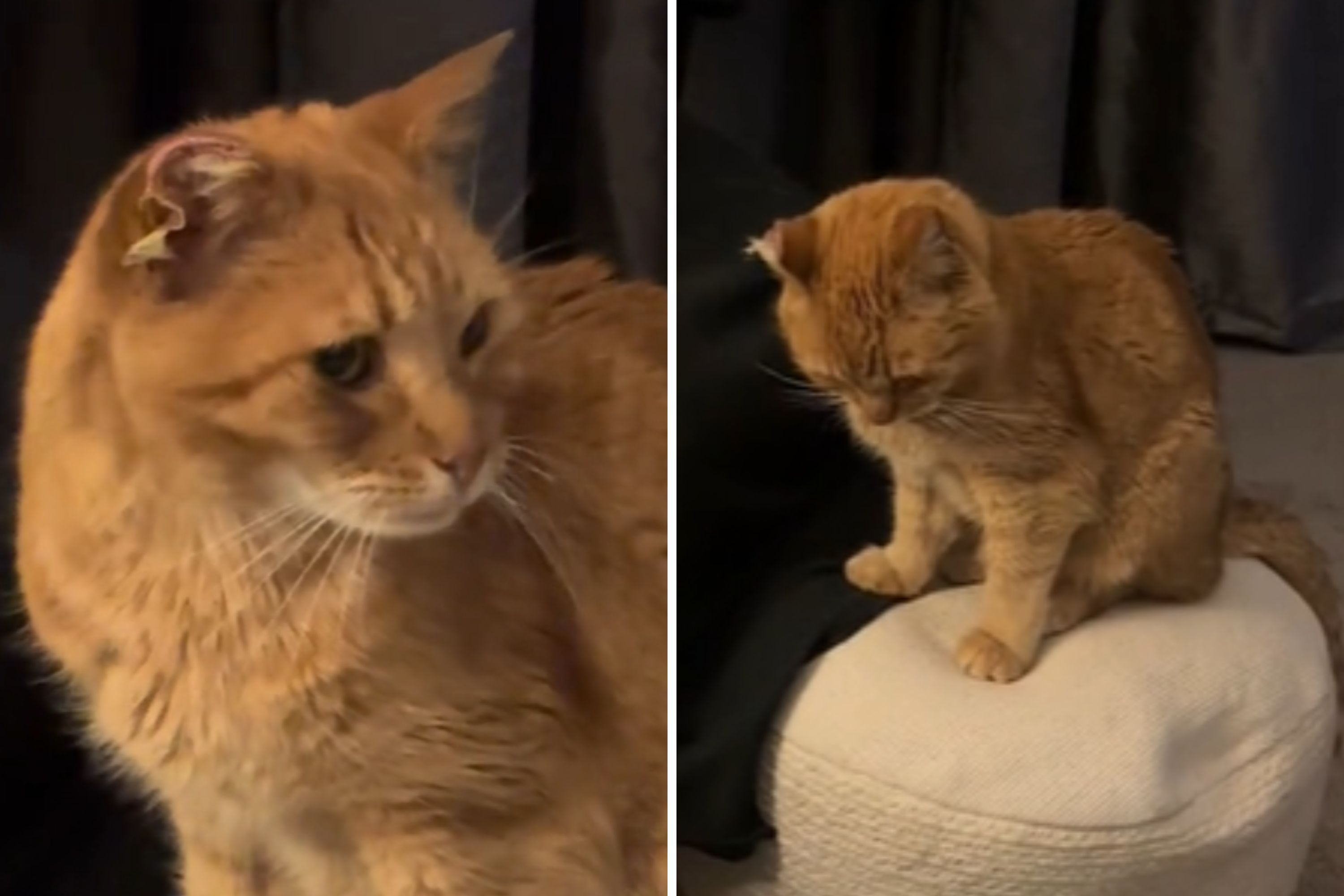

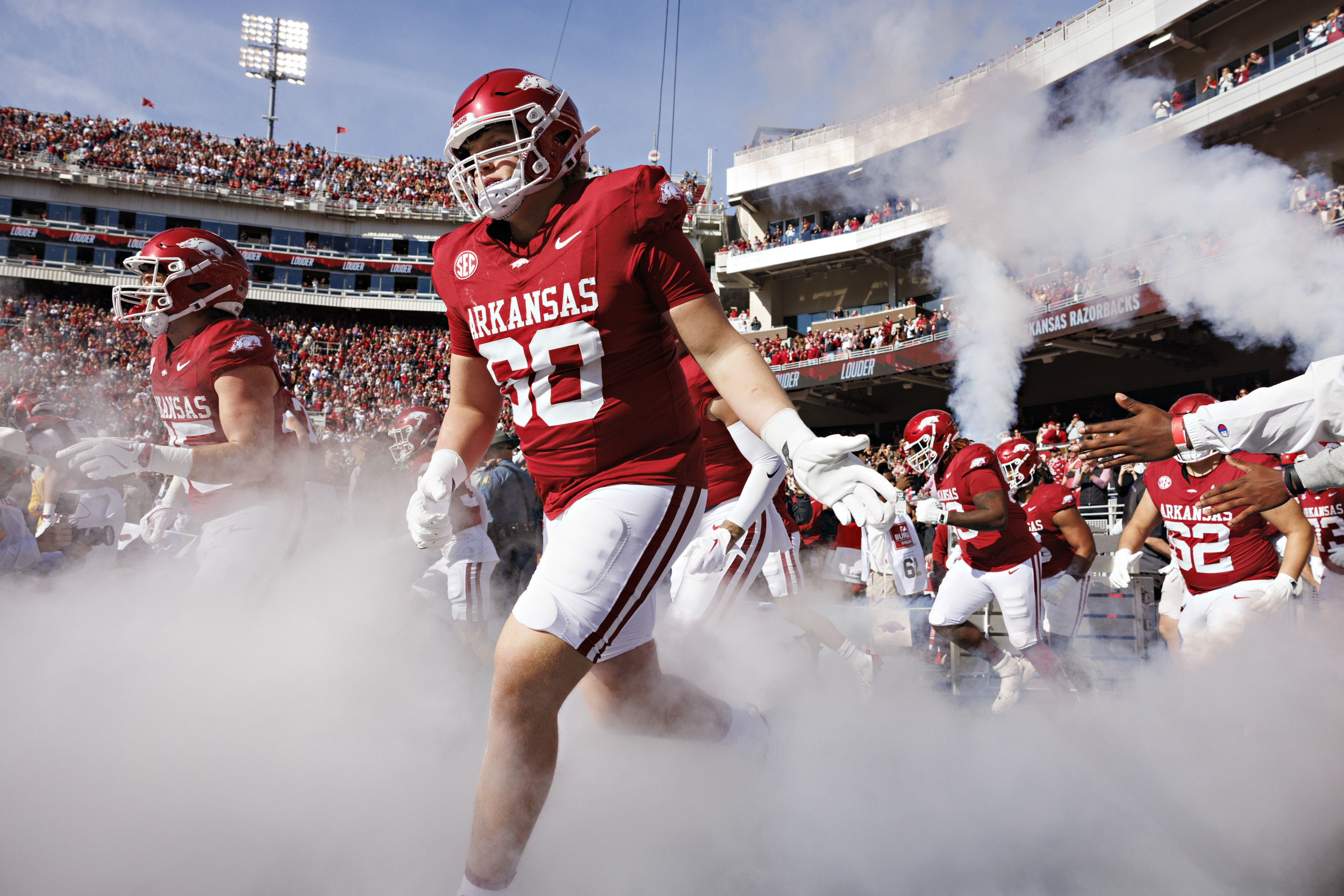

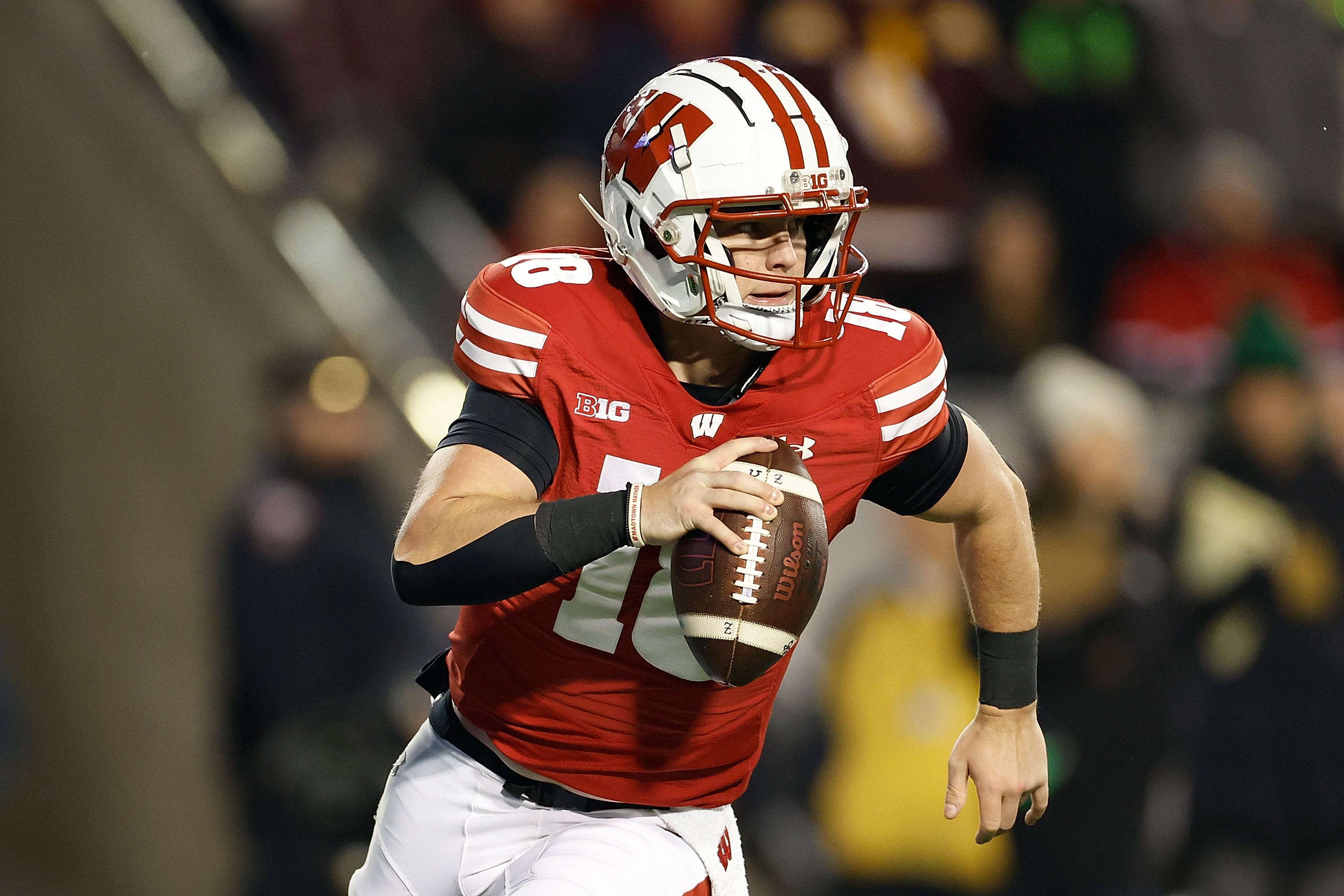


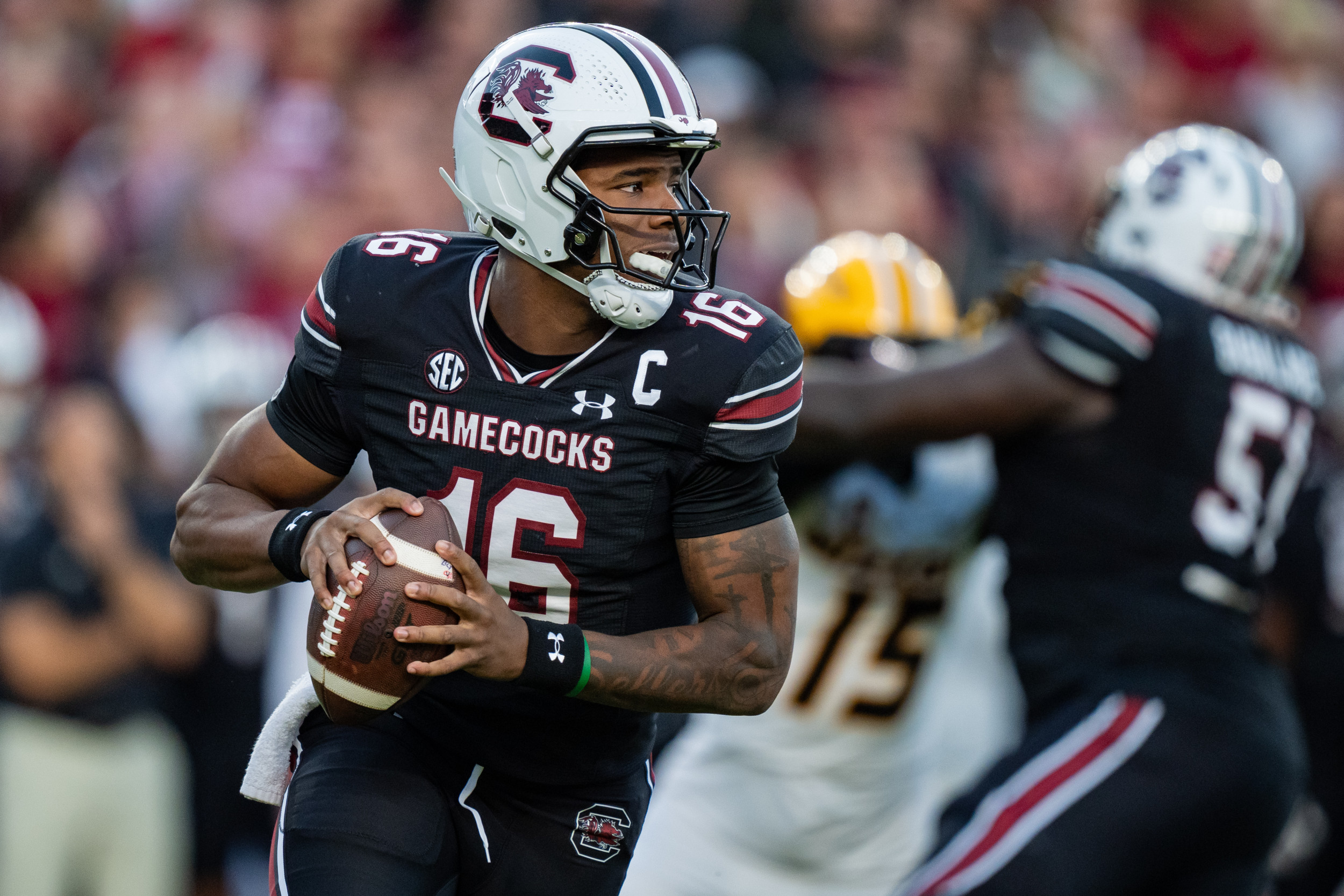

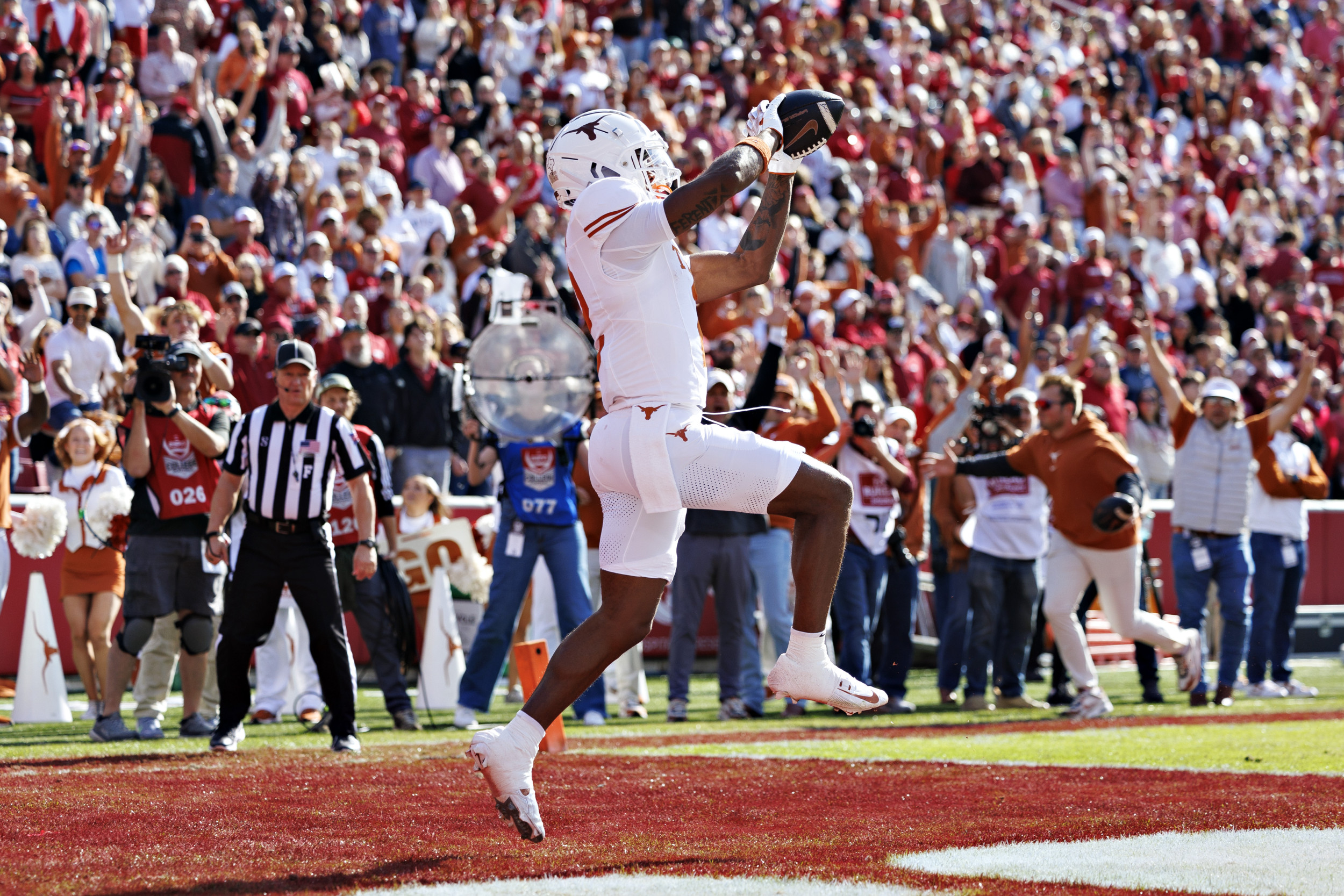









 English (US) ·
English (US) ·